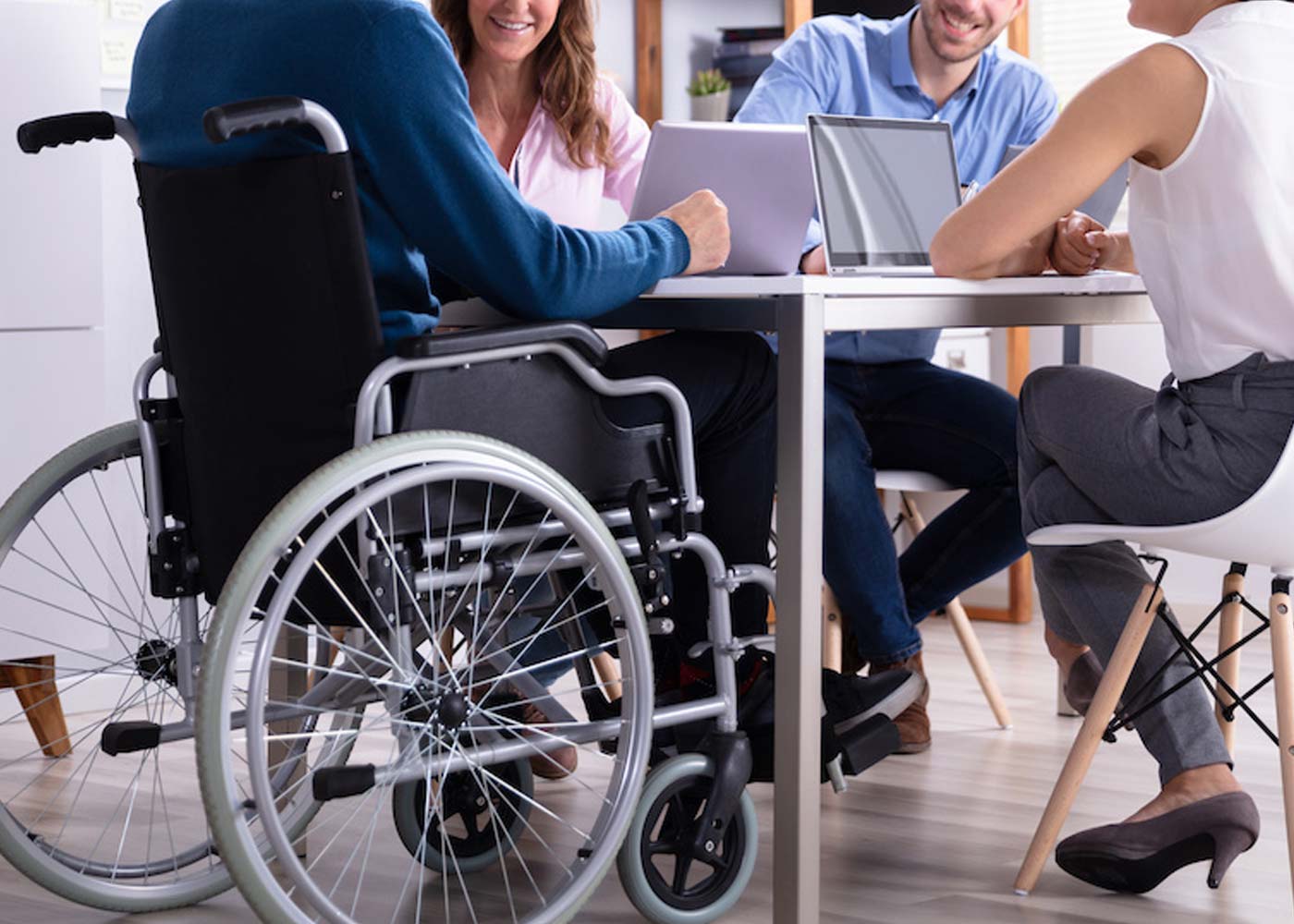Using respectful and appropriate language when discussing
disability is an important part of disability rights”here are some best
practices for terminology and why you should avoid the term "differently
abled."
Brief Overview of Disabilities
A disability is a condition”typically a mental, physical, or
emotional limitation”that impairs a person's ability to do something specific,
such as walk, communicate, or learn. ADHD, autism, brain injuries, cerebral
palsy, Down syndrome, epilepsy, hearing impairment, mental illness or mental
health conditions, and neurological disorders are examples of disabilities.
Some medical professionals classify disabilities based on their type, such as
physical disabilities (which affect a person's body), intellectual disabilities
(which affect a person's thinking or learning), developmental disabilities
(which occur during childhood or adolescence), congenital disabilities (which
exist from birth), and invisible disabilities (which are not visible to
others).
Ableism, or discrimination against people with disabilities,
and accessibility, or the measure of access that people with and without
disabilities have to institutions, support, and buildings and spaces (for
example, "accessible parking").
Why œDifferently Abled Is Not Preferred Language
Some health care and disability activists coined the term
"differently abled" to replace the term "disabled" in the
1990s. While well-meaning, this term is euphemistic and serves to avoid
discussing a person's disability in honest and specific terms (critics point
out that everyone is "differently abled" according to the dictionary
definition). The term's popularity faded in the mid-2000s, and many people in
the disability community now find it condescending or offensive.
Best Practices around Terminology for Disabilities
The use of appropriate language and terminology to be
respectful to members of the disability community is a fundamental component of
disability rights. Here are a few examples of best practices:
Avoid using outdated terms. The terms "differently
abled" (and "the differently abled"), "handicapped",
"special needs" or "special education", "wheelchair-bound"
(as opposed to "is a wheelchair user"), and "cripple" are
all outdated, ableist, and potentially offensive to members of the disability
community. All of these terms have negative connotations, either because they
are euphemisms or because they imply that people with disabilities have a lower
quality of life than people without disabilities; avoid them and replace them
with more appropriate terms.
Consider how you describe people who are not disabled. There
are appropriate terms to use when describing people without disabilities, in
addition to appropriate terms for people with disabilities. Use language like
"people without disabilities," "nondisabled," or
"enabled" instead of words like "normal," "able,"
"abled people," or "able-bodied," which suggest that those
with disabilities are abnormal or do not have able bodies.
Find out whether you should use
"people-first" or "identity-first" language. People with
disabilities, like any other group, do not exist in a vacuum. When discussing
people with disabilities, keep in mind that they are multifaceted human beings
rather than a simple group. To reflect this, whenever possible, use
person-first language”for example, "a person with epilepsy" rather
than "an epileptic person," or "a person with blindness"
rather than "a blind person"”to emphasize the individual and avoid
allowing their disability to serve as their sole defining quality. Some
communities, however, prefer identity-first language over people-first
language; for example, many deaf people who use sign language prefer the term
"deaf person" to "person who is hard of hearing," and many
people with autism prefer the term "autistic person." Always use the
person's preferred terminology.
Refer to a person's specific disability. Avoid referring to
people with disabilities as a homogeneous group where possible”the range of
disabilities varies greatly, and individuals with disabilities have very
different experiences depending on their condition and other factors.
Furthermore, avoid using the phrase "the disabled" and exercise
caution when using broad terms such as "cognitive disability" or
"learning disability" when it would be more specific and appropriate
to mention their exact condition. Instead, to respect a person's unique
experience and needs, use words that refer to their specific condition when
discussing their disability”for example, as a person with ADHD.
Respect individual preferences. Individuals have different
preferences when it comes to discussing their disabilities, and some people
prefer specific terms over others, such as "person of short stature"
or "little person." Learn the personal preferences of those around
you in order to use their preferred terms.
If you wish to contribute to our blog, please email us on morhadotsan@gmail.com.























